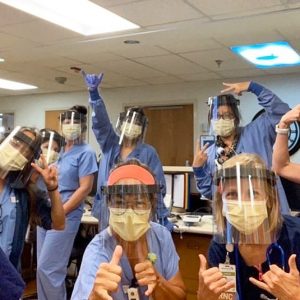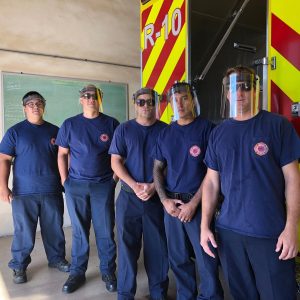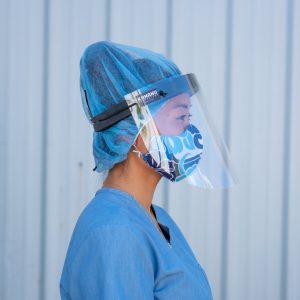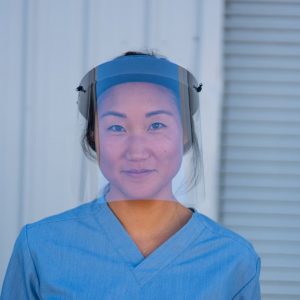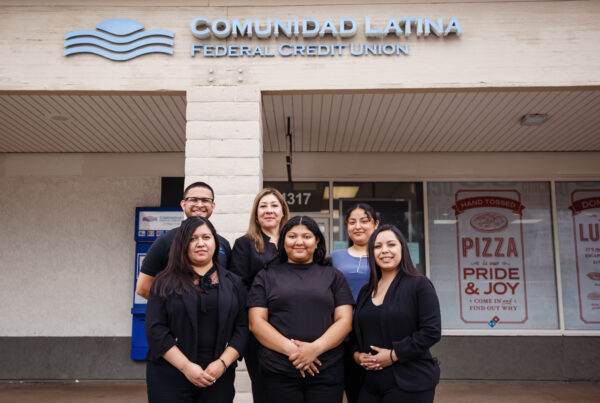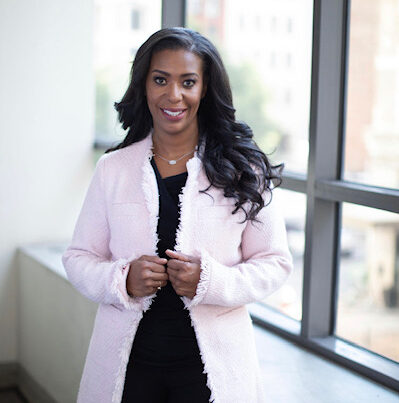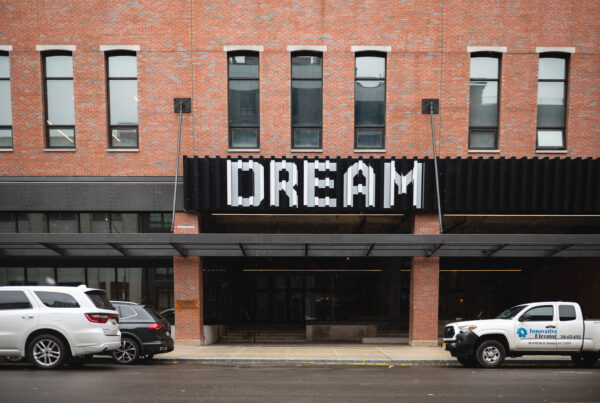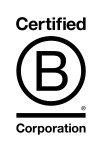If there’s one thing Kamanu Composites has done well over the past 13 years, it’s been finding a way to stay afloat as a small business. The O‘ahu-based company, which specializes in outrigger canoe manufacturing, is one of the last of its kind on the islands. Most of Kamanu’s competitors have packed up and taken their businesses to China, where labor costs, materials, and rent are less expensive. However, despite the gradual decimation of the local industry, Kamanu has always found a way to persevere.
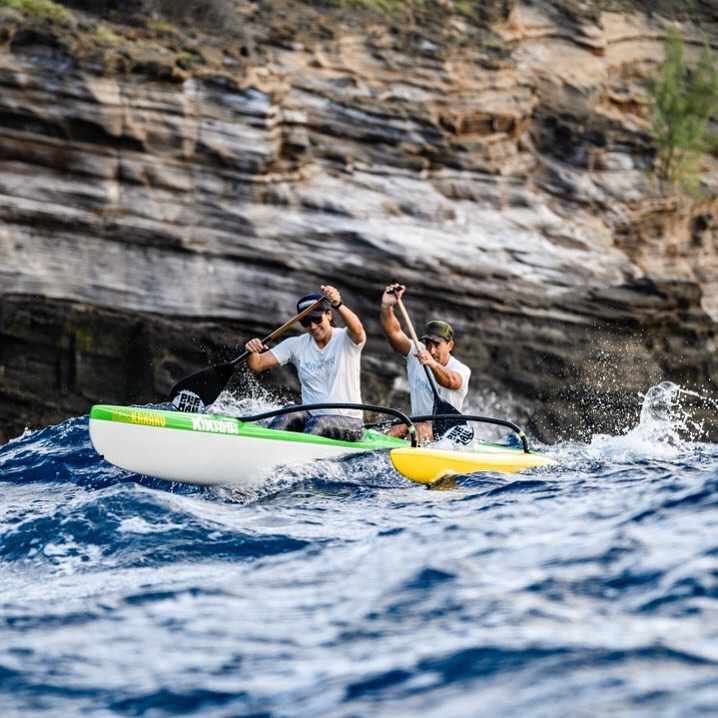
Photo credit: Kamanu Composites
“We’ve barely been surviving,” said Luke Evslin, one of the company’s co-founders. “Every year, we wonder if it’s going to be our last.”
Not surprisingly, when the COVID-19 pandemic hit the islands, Luke saw the end in sight. On March 21, O‘ahu’s mayor issued a stay at home order, effectively giving Kamanu one day to close up shop. Luke and his business partner, Keizo Gates, went through the difficult process of telling their employees that the next day of work would be their last. They encouraged their 17-member team to go on unemployment.
“We thought we were done for,” he said. “We weren’t going to make payroll if we couldn’t get canoes out the door that were in stock, and we certainly weren’t going to make rent or be able to pay the insurance companies. It was pretty devastating to write those emails saying ‘sorry, we’re not going to be able to pay you.’”
Kamanu’s owners donated all of the company’s personal protective equipment — gloves, paper suits, and special masks with respirators — to local hospitals and did their best to mentally prepare for the uncertainty of the coming months. Instead, they stumbled upon something that would allow them to help keep people safe and potentially save their small business.
Seeing that there was a need for protective face shields in his broader community, Luke’s business partner used materials lying around the shop — foam for the canoe seats, bungees, and Mylar — to try his hand at making one. He posted the prototype on Instagram, saying that Kamanu could probably make “a couple hundred” if anyone was interested.
View this post on Instagram
The response was overwhelming.
“We had no idea what the demand was for shields in Hawaii,” Luke said, “or that there was such a lack of shields on the islands.”
Now, Kamanu is making more than 3,000 face shields per week, and the company has been able to hire back most of its employees, who are able to assemble the masks at home. Kamanu is selling most of the shields at cost with small margins for some sales, and Luke says the company has met the demand in Hawaii and has started to fill mainland orders. Additionally, Kamanu set up a program where people can purchase masks to donate. Thus far, it has donated over 2,000 face shields to local frontline workers and hospitals.
For the foreseeable future, Kamanu will continue to make face shields to subsidize its business while the stay-at-home order remains in place; however, Luke doesn’t expect it to be a long-term solution. Like any high volume, low-margin product, face shields can be made more cheaply in China. Kamanu’s pivot is simply to meet the demand spike in the short-term. And to give their employees flexibility during the shutdown, they come in and pick up the parts for the face shields and assemble them at home on their own time.
“We still don’t know if we’re going to be able to build canoes, but at least we have the certainty of some cashflow coming in,” he said.
Because Kamanu is technically open for business, with cashflow coming in and payroll open, Luke and his business partner were able to apply to the Small Business Administration’s Paycheck Protection Program (PPP), which authorized hundreds of billions of dollars in forgivable loans to small businesses across the country to pay their employees during the COVID-19 crisis. However, the two co-owners decided not to apply for the loan through Hawaii’s largest bank, where they’d been customers for the last 13 years and have “done everything.” Instead, the two reached out to Kauaʻi Government Employees Federal Credit Union (KGEFCU), a local credit union and CNote partner that has been very responsive to their needs. While Kamanu is based on Oahu, the three founding partners: Luke, Keizo and Kelly Foster all grew up in Kauaʻi, which also remains a significant source of their sales.
“I had an existing relationship with KGEFCU, because they’re in my community and I know them,” said Luke, who serves as a Kauaʻi County Councilmember. “I thought rather than going to the bank where I’m anonymous and have no relationships with anyone, even after 13 years, we should go to KGEFCU.”
They made the right choice. Kamanu received a PPP loan through KGEFCU. Luke received a response to his initial PPP inquiry, on the same day, from KGEFCU’s CEO. Luke said he feels “lucky,” given that most of the other small business owners he knows, including his mother, who has a small retail store, didn’t get a PPP loan.
“Small businesses are always in a similar position,” he said. “Most owners don’t have the margins or the savings or equity to make it through a little crisis. What we’re going through now is unprecedented. You have companies that have survived a long time, and they don’t know how they’re going to cover costs. You hear that story over and over and over again.”

Kamanu Headquarters, photo credit: Kamanu Composites
Even though Luke and his business partner received a PPP loan, they still haven’t received any money. More so, many in Luke’s community have struggled to navigate how to even apply for assistance set up by The Coronavirus Aid, Relief, and Economic Security (CARES) Act. That has a trickle-down effect, he says. If small businesses and individuals can’t pay rent, then property owners can’t pay their mortgages.
“We feel blessed to have gotten this PPP loan,” Luke said. “It enables us to survive, but it really seems like those who need it most aren’t even really eligible for it. If we lose these small businesses from our communities, they’re the backbone. The PPP loan coming through for us has been such a big burden off of our back, but we need to do everything we can to try and keep these other businesses afloat.”
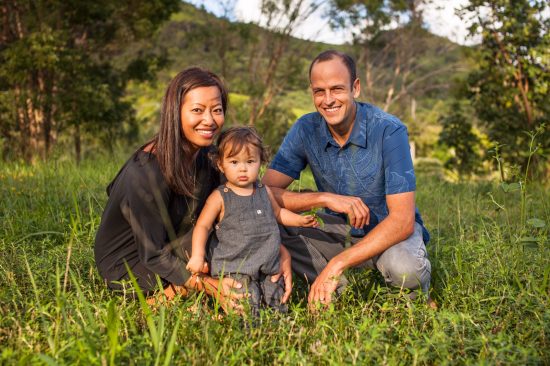
Luke with his family, photo credit: lukeevslin.com
As entrepreneurs like Luke and Keizo come up with innovative ways to keep their small businesses open during the COVID-19 crisis and the resultant economic downturn, it’s small lenders across the country like KGEFCU that are on the front lines of responding to small business’ needs in these uncertain times, ensuring that “the backbones” of these communities have the resources, funding, and support they need to weather this storm.
Learn More:
- Kamanu Composites (website)
- Kamanu Composites (Instagram)
- Kauaʻi Government Employees Federal Credit Union

